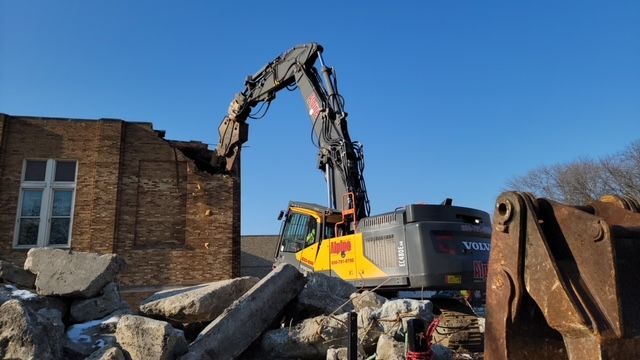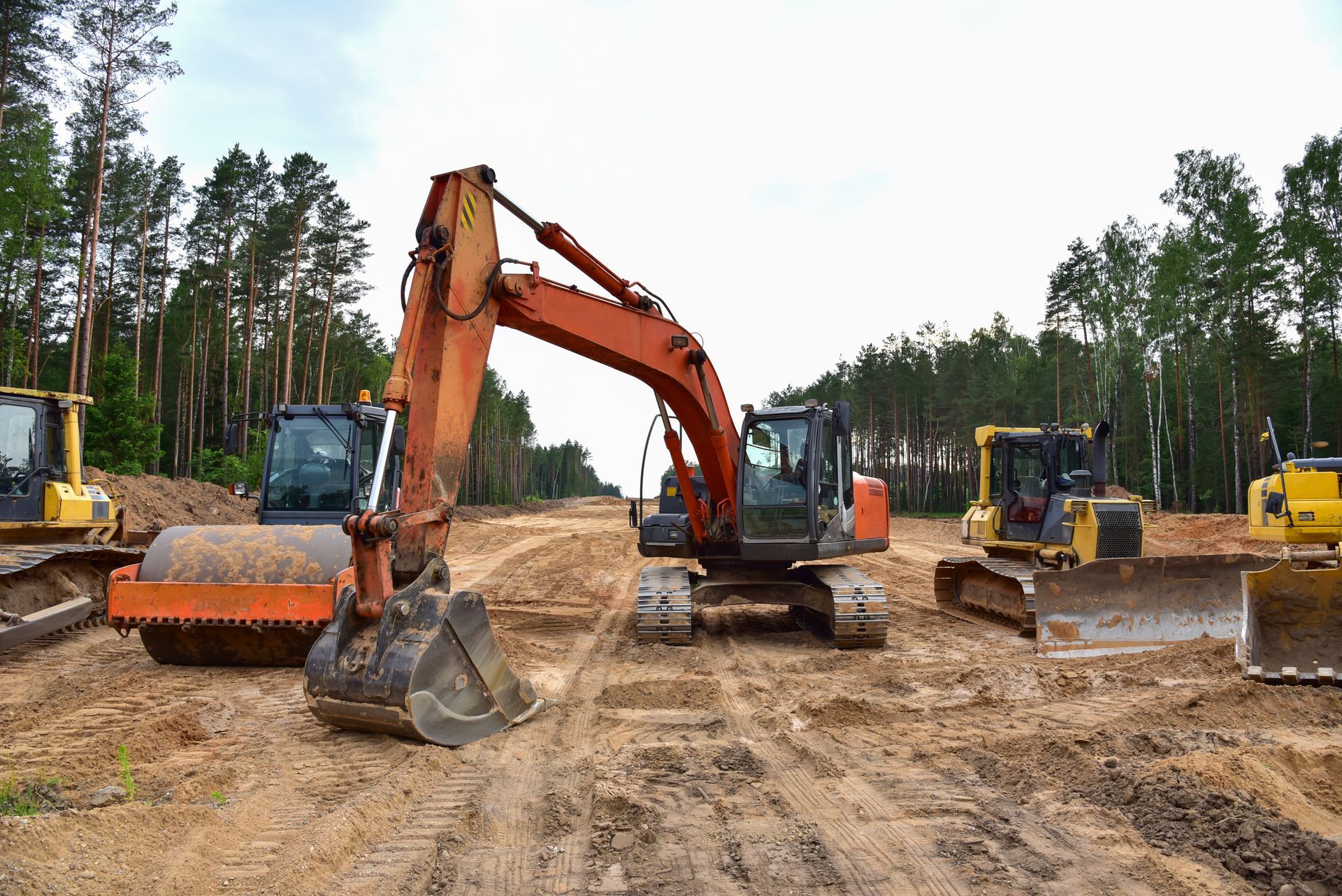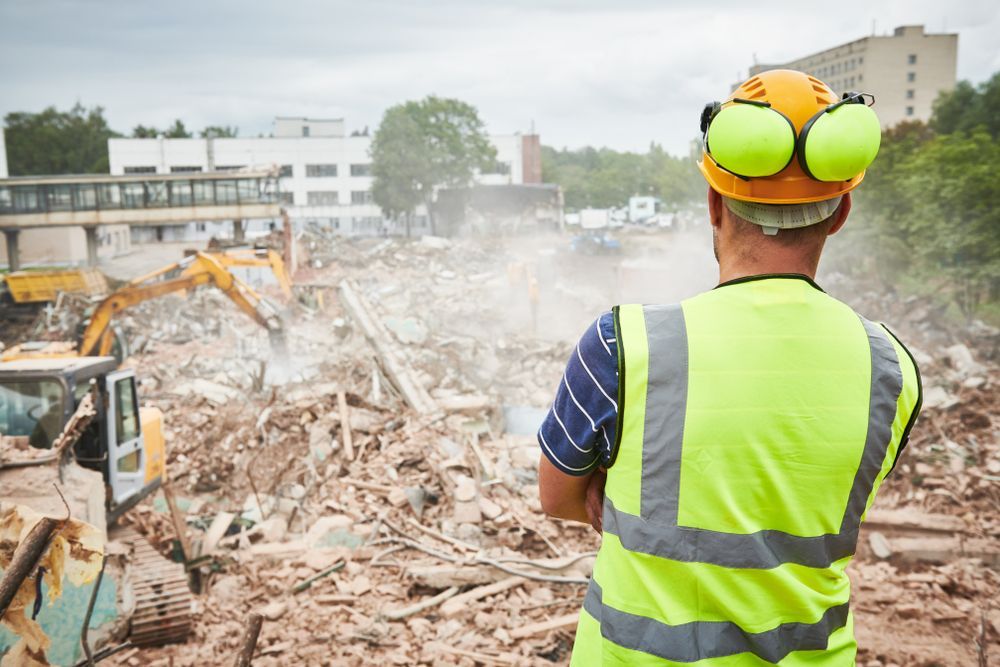The Impact of Demolition on Urban Development and City Planning
Share this article:
The Role of Demolition in Modern Urban Planning
Demolition plays a key role in shaping how cities grow and evolve. As urban areas respond to shifting populations, aging infrastructure, and changing land use priorities, demolition becomes a necessary step in clearing space for new opportunities.
Rather than simply removing outdated structures, demolition helps
prepare sites for redevelopment that aligns with modern needs. This includes accommodating modern building codes, energy efficiency standards, and accessibility requirements that older structures often fail to meet. Strategic demolition supports long-term city planning and helps communities adapt with purpose and direction.
Clearing the Way: How Demolition Spurs Economic Growth
Demolition is often the first critical step in transforming outdated urban spaces into engines of economic activity. By clearing vacant or deteriorating buildings, cities create space for new construction that attracts investment, creates jobs, and boosts local revenue.
Once a site is prepared, it becomes an opportunity for development that can house businesses, support community services, or offer modern housing. These changes bring renewed energy to neighborhoods and increase the value of nearby properties.
In many cases, demolition also enables phased development, where cleared sites are redeveloped incrementally to attract a mix of public and private investment. This approach supports more flexible, adaptive growth strategies.
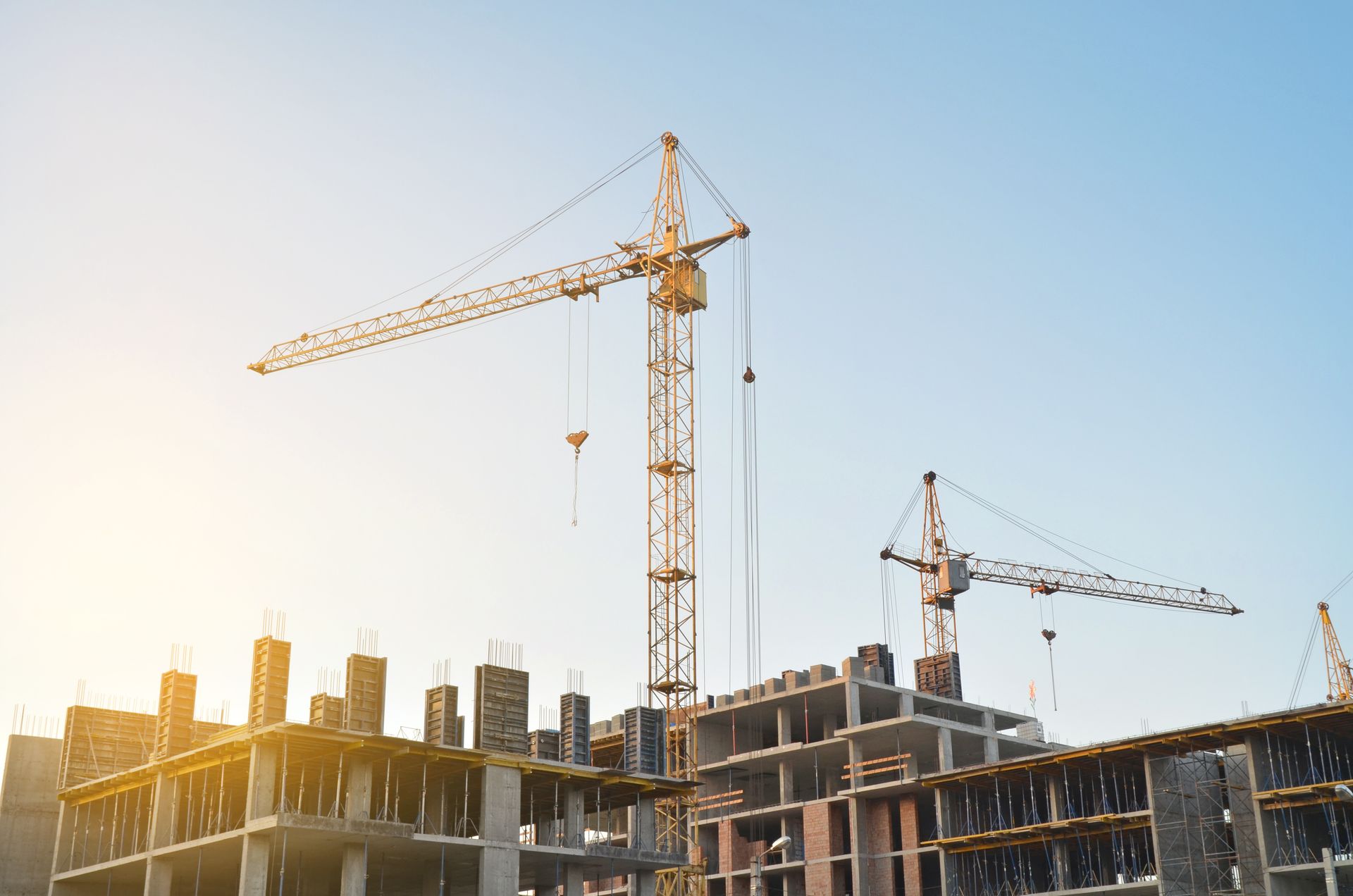
Strategic Demolition and Infrastructure Upgrades
Urban development often depends on the ability to remove what no longer serves a functional purpose. Strategic demolition helps eliminate barriers to progress, making way for essential improvements in roads, transit, utilities, and public spaces.
Clearing aging or poorly placed structures allows for more efficient use of land and enables upgrades that enhance mobility, safety, and access across the city. From widening streets to modernizing sewer lines, many infrastructure projects begin with precise, well-coordinated demolition.
This targeted approach helps cities modernize while minimizing disruption, ensuring that essential
systems can evolve to meet future demands.
Sustainable Demolition: Reducing Environmental Impact in Urban Areas
Sustainability has become a driving force in urban development, and demolition plays an important role in advancing those efforts. Modern demolition techniques aim to reduce landfill waste, limit pollution, and recover usable materials.
Many demolition projects now include plans for sorting and recycling debris, including metals, masonry, and wood. Crews also work to minimize air and noise pollution through dust suppression systems, equipment controls, and careful scheduling. In some cases, buildings are disassembled instead of demolished outright to preserve materials for future use.
Sustainable practices also reduce the carbon footprint of redevelopment projects, a growing priority for municipalities committed to climate goals. Contractors who can provide detailed waste tracking and recycling reports support cities in meeting these targets.
Balancing Preservation and Progress in City Redevelopment
Urban planning often involves difficult decisions about what to keep and what to replace. While new development can bring growth and opportunity, historic structures and neighborhood character hold cultural and architectural value that communities want to protect.
Demolition contractors play a critical role in helping cities find that balance. Through selective demolition, structural analysis, and careful coordination with preservation teams, it becomes possible to retain important elements while still making room for progress.
Smart redevelopment respects a city’s past while creating space for its future. Adaptive reuse projects often depend on surgical demolition techniques to remove only what’s necessary, allowing for creative integration of old and new elements.
Safety and Regulatory Compliance in Urban Demolition Projects
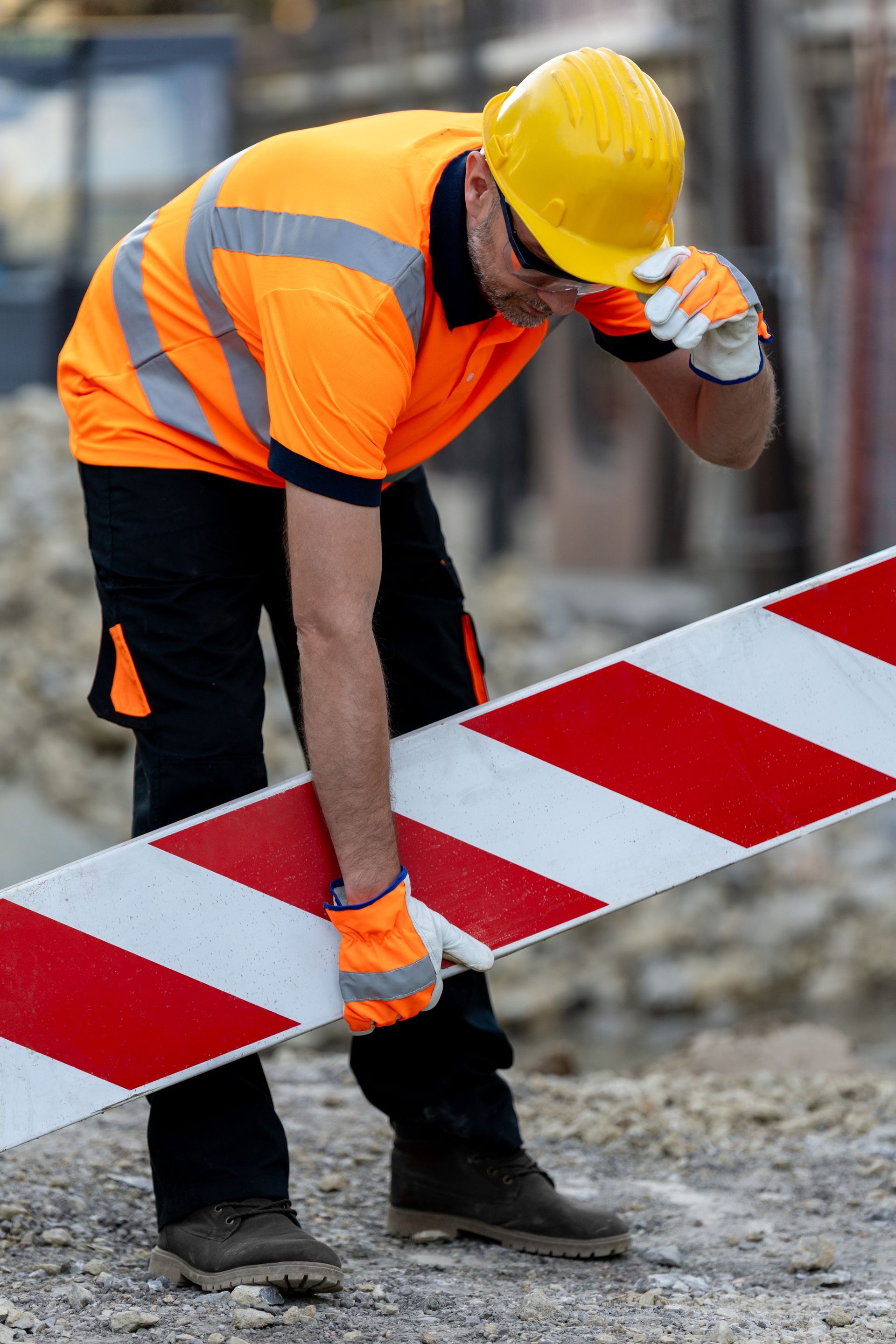
Demolition in urban areas requires strict attention to safety and compliance. With dense populations, nearby buildings, and active infrastructure, every step must be planned and executed with precision.
Contractors must follow all local, state, and federal regulations, including permits, environmental guidelines, and worker protection standards. Safety protocols address structural stability, dust control, noise management, and pedestrian protection. Detailed planning, site inspections, and coordination with city agencies help prevent delays and protect the public.
Reliable demolition partners bring a strong safety record and a clear understanding of regulatory requirements, allowing projects to move forward without unnecessary risks. They also stay up to date with evolving codes and best practices, including those related to environmental justice and community impact.
Partnering with the Right Demolition Contractor
Urban development projects rely on demolition partners who bring more than just heavy equipment. Knowledge of permitting, site logistics, environmental considerations, and city planning objectives is essential to getting the job done safely and on schedule.
Experienced contractors help minimize disruption, maintain regulatory compliance, and keep complex projects moving forward. Their ability to coordinate with architects, engineers, and city agencies adds measurable value to every phase of redevelopment.
Alpine Demolition brings the professionalism and precision that urban work demands. Our team understands the broader vision behind each project and works collaboratively to support it from start to finish. If you’re planning a demolition project in a city environment, reach out today to discuss your goals or request a bid.

